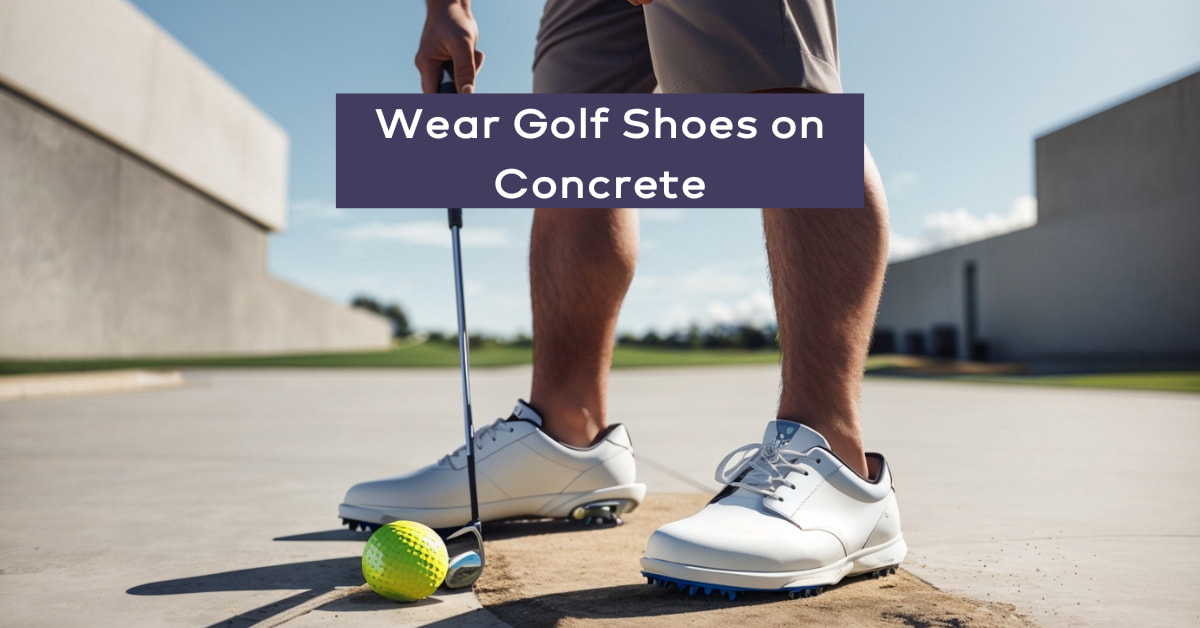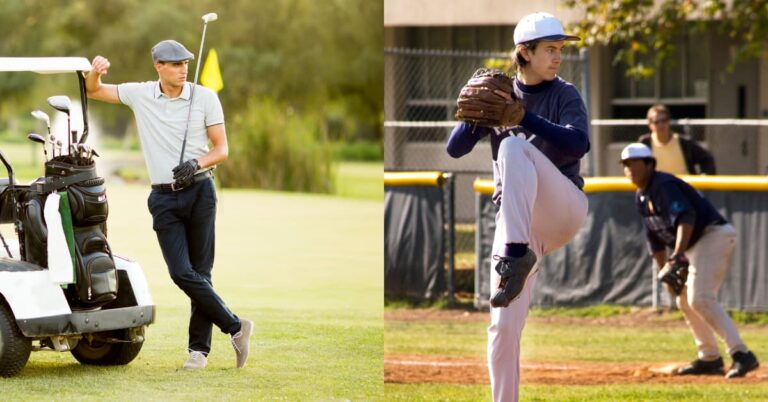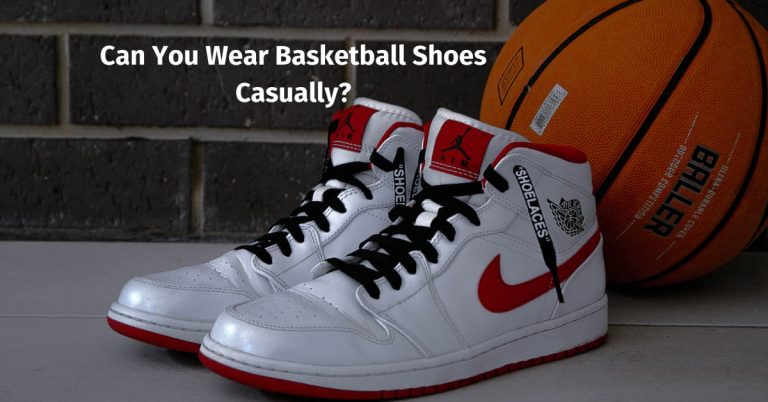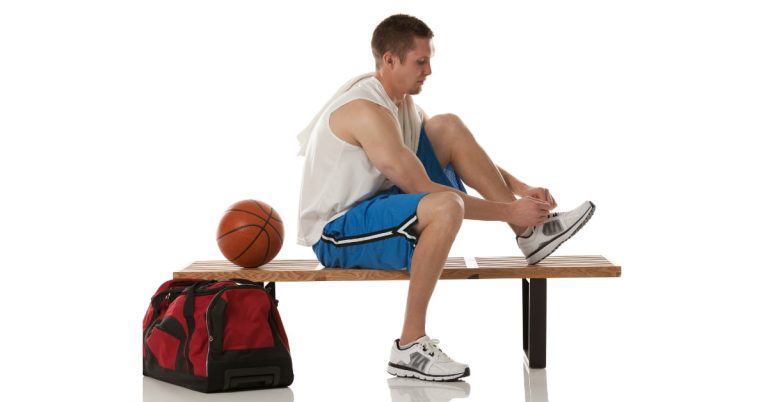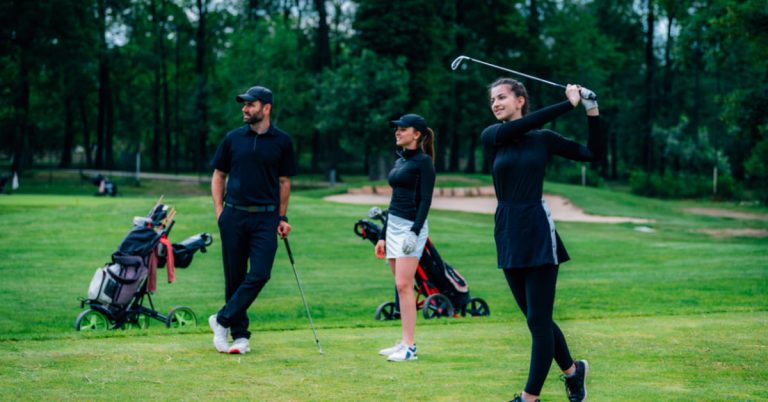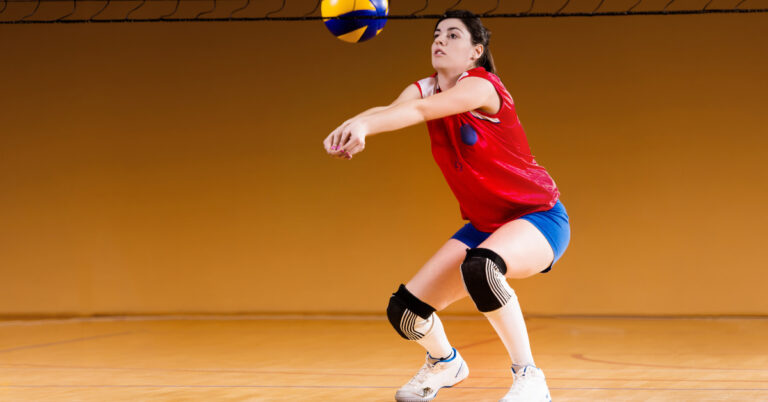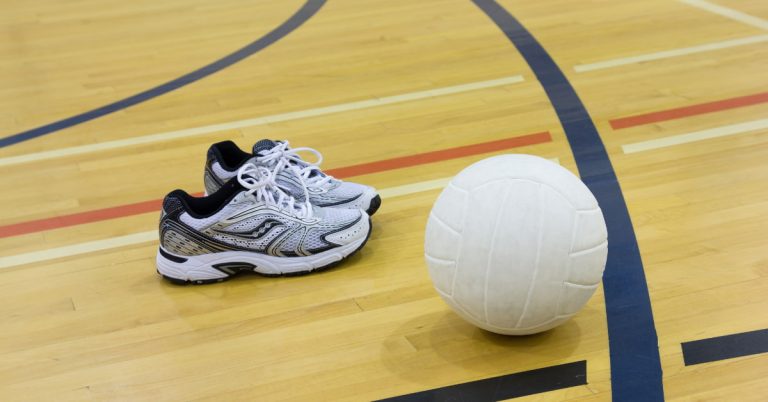Can You Wear Golf Shoes on Concrete? (Pros & Cons)
Golf shoes are an essential piece of equipment for golfers, providing traction, stability, and comfort on the course. However, many golfers wonder whether they should wear their golf shoes on concrete.
In this article, we will delve into the pros and cons of wearing golf shoes on concrete and provide useful tips to keep your golf shoes in optimal condition.
Can You Wear Golf Shoes on Concrete?
Yes, you can wear golf shoes on concrete. Golf shoes provide traction and stability on a variety of surfaces, including concrete. They typically have spikes or rubberized soles that help grip the ground, providing traction during the golf swing.
When wearing golf shoes on concrete, you may find that the spikes or cleats can be a bit uncomfortable or noisy on hard surfaces. Some golf shoes have removable spikes that can be replaced with flat soles, which are more suitable for walking on concrete or other hard surfaces.
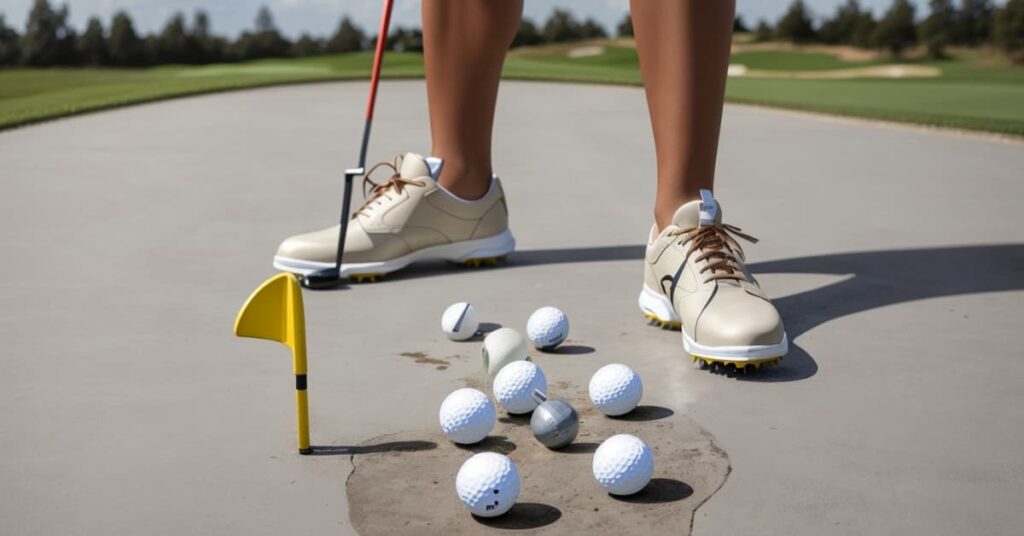
Pros of Wearing Golf Shoes on Concrete
There are a few benefits to wearing golf shoes on concrete surfaces:
Enhanced Traction
Golf shoes are equipped with spikes or specialized soles that provide excellent traction on grass. These same features can also help improve traction on concrete. Added grip can reduce the risk of slipping and falling when walking on wet or slippery concrete surfaces.
Stability and Support
Golf shoes are designed with stability in mind, providing adequate support for your feet during the swing. On concrete surfaces, this stability can provide a secure footing and prevent your feet from sliding or rolling. It can be particularly useful when walking on uneven or sloped concrete terrain.
Durability
Golf shoes are typically designed to withstand the rigors of the golf course, which often include walking on concrete paths between holes. As a result, they are made from durable materials that can handle concrete surfaces’ abrasion and wear. Golf shoes that are made of high-quality materials can last for a long time, even if they are regularly used on concrete.
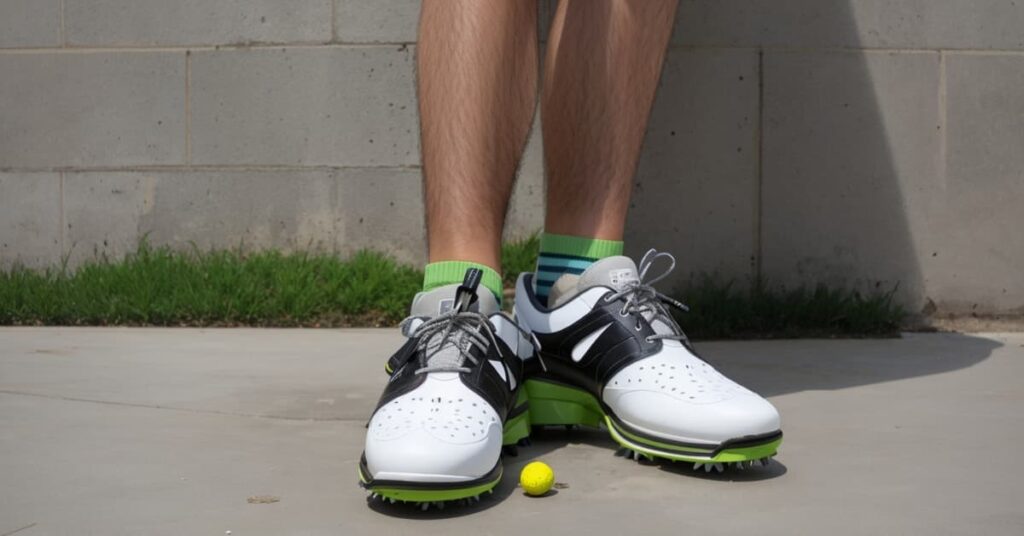
Cons of Wearing Golf Shoes on Concrete
While there are some benefits, there are also a few downsides to consider when wearing golf shoes on concrete:
Uncomfortable on Hard Surfaces
Golf shoes are optimized for grass, providing cushioning and support on softer surfaces. Because concrete is hard and unforgiving, walking on it for long periods can be less comfortable. Wear more supportive and cushioned footwear if you will be spending a long amount of time on concrete.
Spikes and Surface Damage
Some golf shoes feature metal spikes, which can cause damage to concrete surfaces. To avoid this, golfers should opt for shoes with non-metal spikes or soft spikes designed to minimize any potential surface damage.
Noise and Disruption
A clicking sound can be heard when walking on concrete with golf shoes with spikes. Some people find this noise bothersome, especially in quiet indoor spaces. You should consider the potential disruption caused by noise if you plan to wear golf shoes on concrete in public places.

When Should You Wear Golf Shoes?
Knowing when to wear golf shoes on concrete can enhance your overall experience. Here are some scenarios where golf shoes are recommended:
Golfing: Naturally, golf shoes are a must-have when playing golf on concrete surfaces such as tees, fairways, and greens. They provide the necessary traction, stability, and comfort for optimal performance.
Practice Sessions: Wearing golf shoes while practicing on the driving range or on concrete can allow you to replicate the conditions and movements you will experience on the course.
Outdoor Events: If you are attending golf-related events held on concrete surfaces, such as golf tournaments or social gatherings, wearing golf shoes adds an authentic touch to your outfit and provides the required functionality.
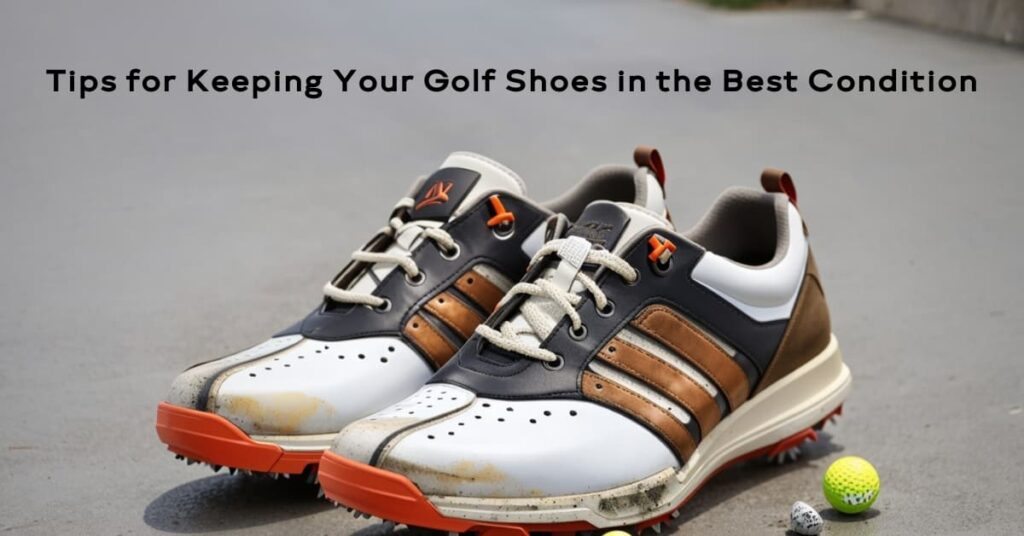
Tips for Keeping Your Golf Shoes in the Best Condition
To ensure your golf shoes remain in top condition, follow these tips:
Regular Cleaning: Clean your golf shoes after each round or use a soft brush or cloth to remove dirt, grass, and debris. This helps maintain their appearance and prevents buildup that can affect performance.
Proper Storage: Store your golf shoes in a cool, dry place to prevent moisture damage. Avoid leaving them in extreme heat or cold, as this can compromise their structural integrity.
Avoid Excessive Walking: In order to preserve the performance and durability of golf shoes, it is advisable to limit prolonged walking on hard surfaces.
Inspect and Replace Spikes: Make sure your spikes are in good condition by checking them regularly. It is important to replace them as needed to ensure optimal traction and to prevent any damage to the surface.
Conclusion
Wearing golf shoes on concrete surfaces can have its pros and cons. The enhanced traction, stability, and durability provided by golf shoes can be advantageous in certain situations.
However, the discomfort on hard surfaces, increased wear and tear, and potential disruption caused by noise should be considered. Remember to assess the conditions and context before deciding to wear golf shoes on concrete.
By following the tips mentioned above, you can keep your golf shoes in the best condition and extend their lifespan.
FAQs (Frequently Asked Questions)
Can golf shoes damage concrete?
Golf shoes are unlikely to cause significant damage to concrete surfaces. However, the spikes or traction elements on the shoe’s sole can create minor scratches or marks over time.
Do all golf shoes have spikes?
No, not all golf shoes have spikes. Some golf shoes feature non-metal spikes or soft spikes, while others have spikeless designs. It ultimately depends on the golfer’s preference and the type of traction desired.
Can I replace the spikes on my golf shoes?
Yes, most golf shoes have replaceable spikes. If your spikes become worn or damaged, you can purchase replacements and easily install them yourself or take them to a professional golf shop.
How often should I replace my golf shoes?
The lifespan of golf shoes can vary depending on factors such as frequency of use, playing conditions, and maintenance. As a general guideline, consider replacing your golf shoes every 1-2 years or when you notice significant signs of wear and tear.

